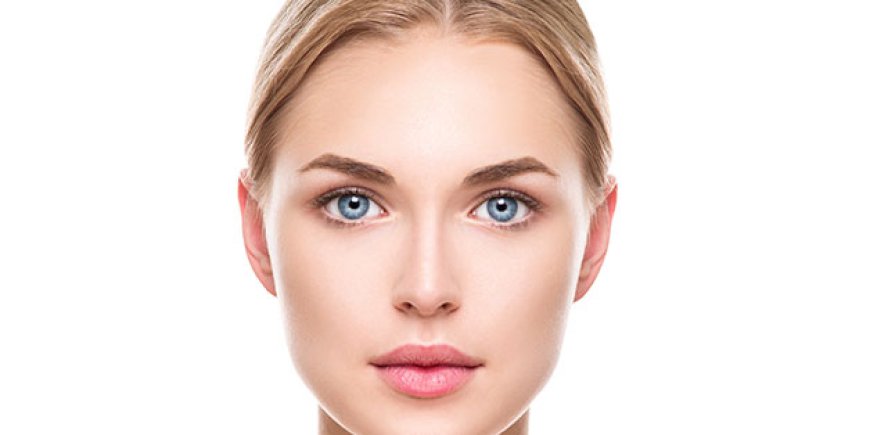Skin Whitening: The Truth About Fairness

In today’s world, the quest for fair skin has become a significant concern for many individuals, particularly in cultures where lighter skin is often associated with beauty, success, and social status. This obsession with skin tone has led to the emergence of a multi-billion-dollar industry centered around skin whitening products, ranging from creams and lotions to pills and procedures. However, beneath the surface of this pursuit lies a complex web of social, cultural, and health implications that deserve scrutiny. In this article, we will explore the truth about Skin Whitening Treatment in Dubai, addressing its historical context, the dangers of whitening products, and promoting acceptance of natural skin tones.
Historical Context
The fascination with fair skin is not a recent phenomenon. Historically, many cultures have valued lighter skin as a symbol of wealth and privilege. In ancient Egypt, noblewomen used a blend of white lead and other substances to achieve a pale complexion, while in medieval Europe, the aristocracy favored a fair appearance to signify their high social standing. Similarly, in many Asian cultures, lighter skin has been associated with beauty and purity, leading to the popular saying, “the whiter, the better.”
The proliferation of media and advertising has only intensified these beauty standards, perpetuating the idea that fair skin is more attractive. This has given rise to a societal pressure that can lead individuals, particularly women, to resort to skin whitening methods to align with these standards. Unfortunately, this pursuit is often driven by the desire for acceptance and validation, rather than embracing one’s natural beauty.
The Dangers of Skin Whitening Products
The skin whitening industry is largely unregulated, leading to the widespread availability of products that contain harmful ingredients. Many skin whitening creams and lotions contain substances such as hydroquinone, mercury, and corticosteroids, which can cause serious health issues.
-
Hydroquinone: This ingredient is a popular skin-lightening agent, but its prolonged use can lead to skin irritation, redness, and a condition known as ochronosis, which causes the skin to darken and develop a blue-black discoloration.
-
Mercury: Found in many illegal skin whitening products, mercury is a potent neurotoxin that can cause kidney damage and adversely affect the nervous system. Even small amounts can lead to severe health complications.
-
Corticosteroids: Often included to reduce inflammation and redness, long-term use of corticosteroids can thin the skin, making it more susceptible to damage and increasing the risk of infections.
The adverse effects of these products can be alarming, leading to physical harm and sometimes irreversible damage. Additionally, the psychological impact of these products can be profound. Many individuals may find themselves in a cycle of dependency, constantly seeking more potent formulations to achieve the desired results, which can exacerbate feelings of inadequacy and low self-esteem.
The Impact on Mental Health
The pursuit of fair skin can also have detrimental effects on mental health. The societal pressure to conform to beauty standards can lead to body dysmorphic disorder, anxiety, and depression. Individuals may feel that their self-worth is directly tied to their skin color, leading to unhealthy comparisons and an unhealthy relationship with their appearance.
This psychological burden is further compounded by the stigma associated with darker skin tones. Many individuals experience discrimination, not only in their personal lives but also in professional settings, where studies have shown that individuals with lighter skin tones often receive preferential treatment. This systemic bias can lead to a cycle of low self-esteem and an ongoing desire for skin whitening.
Embracing Natural Beauty
In recent years, there has been a growing movement advocating for the acceptance of natural skin tones and promoting diversity in beauty standards. This shift is essential for dismantling the harmful ideologies that equate fairness with beauty.
-
Education and Awareness: It is crucial to educate individuals about the dangers of skin whitening products and the historical context behind beauty standards. By fostering an understanding of these issues, society can begin to challenge the notion that lighter skin is inherently more beautiful.
-
Representation in Media: Media plays a significant role in shaping perceptions of beauty. Increasing representation of individuals with diverse skin tones in advertising, fashion, and entertainment can help redefine beauty standards and promote acceptance of all skin colors.
-
Positive Reinforcement: Encouraging positive self-affirmation and celebrating individual beauty, regardless of skin tone, can help individuals embrace their natural appearance. Community support and representation can also play a crucial role in fostering confidence and self-acceptance.
Conclusion
The pursuit of fair skin through skin whitening products is fraught with dangers, both physical and psychological. While societal pressures and historical context contribute to the desire for lighter skin, it is essential to challenge these norms and embrace the beauty of diversity. By promoting education, representation, and positive reinforcement, we can create a more inclusive society that celebrates natural beauty in all its forms. The truth about fairness is that beauty transcends skin color, and acceptance of one’s true self is the most profound form of beauty there is.
